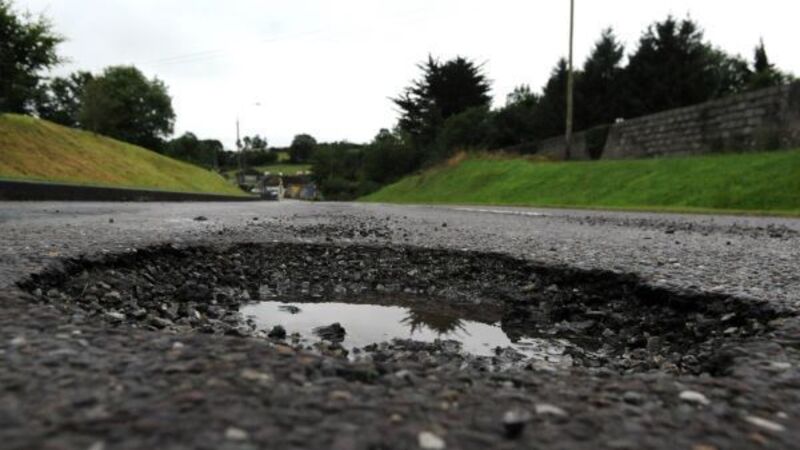Every cut made by councils will hit somebody, somewhere

SCHOOL children dismayed and tourism operators sighed, but for some local authorities, the wearily wet summer of 2012 was a blessing in disguise.
“We had a significant reduction in the amount of gorse fires in the county. As a result, money we had budgeted for gorse fire activity wasn’t spent,” Kerry County Council told the Irish Examiner, delighted to be able to see a silver lining of around €50,000 in unspent funds in the dark cloud of the county’s finances.













